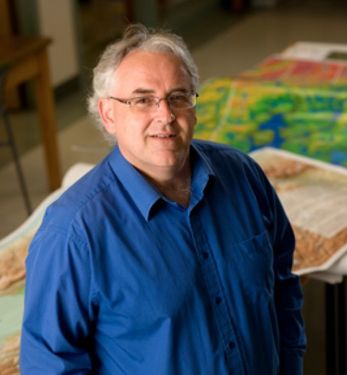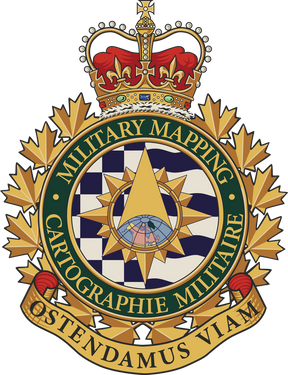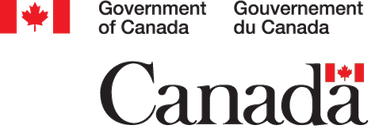
Andrew Heath
Sessions auxquelles Andrew Heath assiste
Lundi 17 Juin, 2019
Delegates, exhibitors, sponsors, speakers and volunteers are invited to Join GeoIgnite for our Pub Social at Heart & Crown on the ByWard Market.The Heart & Crown, in Ottawa’s historic ByWard Market, consists of 5 pubs under 1 roof with 6 patios that make-up what is locally known as Ottawa’s Irish Village. Featuring Irish-inspired dishes, live music daily and domestic & international sporting events; there’s a little something for everybody. A favourite amongst the Iri...
Mercredi 19 Juin, 2019
The coastal zone is a challenging place to map, techniques for mapping the land elevation do not work under water and echosounding methods for mapping the seabed elevation work well in deep water but are dangerous and expensive in shallow water. As a result, detailed information in the shallow coastal zone is lacking. This presentation will focus on the Chiroptera II shallow water topo-bathymetric lidar sensor that can collect seamless elevation data in coastal or freshwater environments. The...
This Canadian military presentation will show various datasets of survey grade terrestrial LiDAR, discuss collection methods to achieve the best results and talk about possible applications/analysis that the data can be used for. Presentaers will demonstrate some workflows in Leica Cyclone to show how survey grade points can be extracted and discuss the pros/cons and considerations of using terrestrial LiDAR.
Brampton built a hub for the City’s Open Data and made it available to Staff, Citizens, Businesses and Students. The GeoHub makes discovering and using the City’s data more purposeful, and promotes transparency, fostering innovation everywhere. In our ongoing effort to develop a mature GIS system, the GeoHub is a big step in our goal of creating a self-serve environment. The City leveraged ArcGIS Open Data to transform it into a community hub, effectively increasing the usage of Open Data and...
Synthetic Aperture Radar (SAR) satellites image the Earth in all weather conditions, day or night. Canada’s RADARSAT-2 satellite, launched in 2007, orbits the Earth with a 24-day revisit cycle. It is used for mapping ground deformation produced by natural and anthropogenic hazards; natural resource development; permafrost, glacier and coastal changes. The next generation of Canadian satellites, the RADARSAT Constellation Mission (RCM), to be launched in June 2019, will improve the revisit cyc...
The Government of Canada purchases on average $22 billion in goods and services each year to help deliver programs and services to Canadians. Many departments and agencies collect and manage large amounts of geospatial data, and significant investments have been made within these organizations. The demand for, and use of, geospatially-related data and tools is rapidly increasing across government, as well as in the broader public context. This information session will help you understand the ...
Canada has at least four federal level road network products. Knowing the differences, and when to use which one, is not as straight forward as it should be. Even worse, these products are updated on different schedules, so knowing which one has the most up to date information is a tricky task.We will discuss what the respective networks are and their intended use, covering distribution formats, dataset coverage, and examples of the types of analysis that can be performed with each on...
The value of geospatial big data and how to efficiently convert it to useful information is an important cross disciplinary question. There has been significant investment in the collection and archiving of geospatial and other environmental data and numerous organizations recognize the importance of this information resource. However, the software and computing systems to effectively and efficiently access, interrogate, and utilize this information for specific applications has not seen the ...
Geographic data is ubiquitous in the landscape of organizations, corporations and governments. CartoVista allows you to profit from it by building interactive web maps. Leveraging the best of HTML5, CartoVista delivers a rich, immersive mapping experience that can even surpass desktop GIS! Discover how you can tell a story in your web browser and make your GIS data shine! This presentation will highlight concrete examples of web mapping cartography involving advanced styles and rich data visu...
Over the last few years, the Data Exploration and Integration Lab (DEIL) at Statistics Canada has conducted an increasing amount of work with open data using various open source tools in an open ecosystem. This exploration and experience has given rise to the idea of using an “open project” approach; that is, an approach that, to the extent possible, makes use of open source software, open code, open standards, open data, open platforms and open project management tools. The presentation outl...








